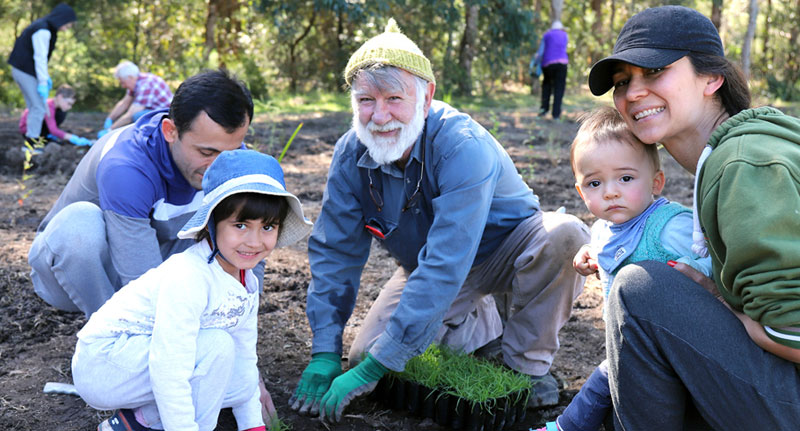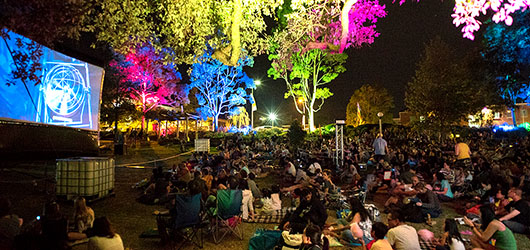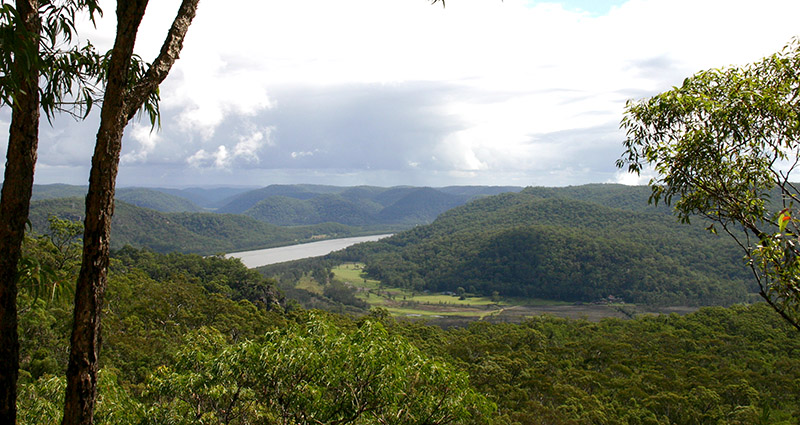Recycling 101 (Recycling tips)
Everybody is making a great effort to recycle their waste but sometimes it's not clear what can and cannot be recycled. Please see the guidelines below to help you sort your recycling correctly.
DO
- Do dispose of plastic containers from the kitchen, bathroom or laundry in the yellow lid recycling bin.
- Do dispose of glass bottles and jars (lids removed) in the yellow lid recycling bin. The colour of the glass bottles and jars (clear, brown, etc.) doesn’t matter.
- Do dispose of aerosol (spray) cans in the yellow lid recycling bin. They are a great source of steel. Please ensure they are empty.
- Do ensure that items that go into your yellow lid recycling bin loose, never in a plastic bag please. When items are placed loosely in the bin they are able to be easily sorted at the Materials Recycling Facility (MRF).
DO NOT
- Do not put plastic bags and soft plastic packaging or wrap in the yellow lid recycling bin. These soft plastics get caught in machinery at the sorting facility
- In addition to plastics, do not put the following items in your yellow lid recycling bin.
- toys
- garden waste
- nappies
- clothes
- food waste
- polystyrene foam
- Other than bottles and jars, do not dispose of glass (reading glasses, Pyrex, drinking glasses, windows, mirrors etc) in the yellow lid recycling bin. These other types of glass are created at different temperatures and may have additives and will ultimately lead to contamination.
- Do not put items to be recycled in a plastic bag before putting it in the yellow lid recycling bin. Plastic bags get caught in machinery at the sorting facility.
- Do not put any items that you have doubts about whether it is recyclable in your yellow lid recycling bin. Put it in your red lid garbage bin. Putting the wrong thing in the wrong bin can ruin your recycling efforts.
For a full list of what can be accepted in your yellow lid recycling bin, please refer to the What can I put in my bins? page.
Plastic is life-threatening to marine life.
Our oceans are drowning in marine litter and up to 90 per cent of marine litter is made up of plastics that originate from sources on both land and sea. This makes plastic pollution one of the most widespread and devastating problems facing our planet today. Globally, it is estimated that eight million items enter the oceans each day and that 6.4 million tonnes of litter enters the oceans each year.
Did you know?
Natural resources such as coal, natural gas and crude oil are used to make plastics. By reducing and recycling plastics we can save natural resources for future generations.
Five easy tips on how to reduce single-use plastics
- Bring your own reusable coffee cup or sit and enjoy a real cup
- Refuse plastic straws, and either use paper straws or BYO reusable straw
- Fill a reusable bottle from the tap instead of buying bottled water
- Bring your own reusable shopping bag
- Buy food without single-use plastic containers and cutlery
Single-Use Plastics and Food Waste at Hornsby Farmers Market and Community Events Report
The Single-Use Plastics and Food Waste at Hornsby Farmers Market and Community Events report was developed in collaboration with Sydney University during mid-2019. The report provides qualitative data and a series of recommendations that will assist Council to develop a sound policy response to the issues posed by single-use plastics in event management.
Following on from the findings of this research, and as a result of planned activities in the draft Waste Matters Strategy (2019/22) and a Council Notice of Motion on 24 July 2019 (NOM8/19), a draft Single-Use Plastics Policy (Council operations and events) is currently under development.
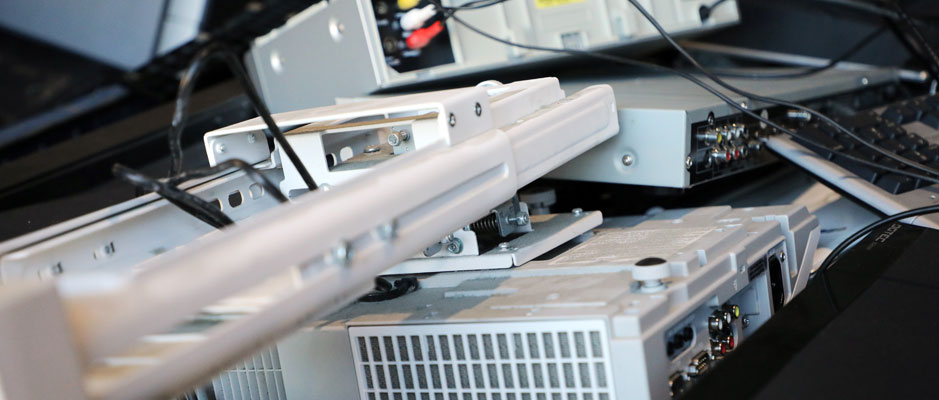
What is e-waste?
E-waste includes televisions, desktop computers, laptops, tablets, PC monitors, loose hard drives, keyboards, plastic computer speakers, motherboards, video and sound cards, printers (with toners removed), scanners, network devices, set top boxes, mice, other computer parts, cables, IT accessories, gaming equipment, web cameras, DVD and VCR players, CD and DVD discs (discs only not the covers).
What happens to our e-waste?
Hornsby Shire Council accepts e-waste at our Thornleigh Community Recycling Centre. E-waste is collected by Council’s contractor, TechCollect.
More Information
- Recycling Infograph – TechCollect (PDF 398kb)
- TechCollect Where Does Your E-waste Go (PDF 126kb)
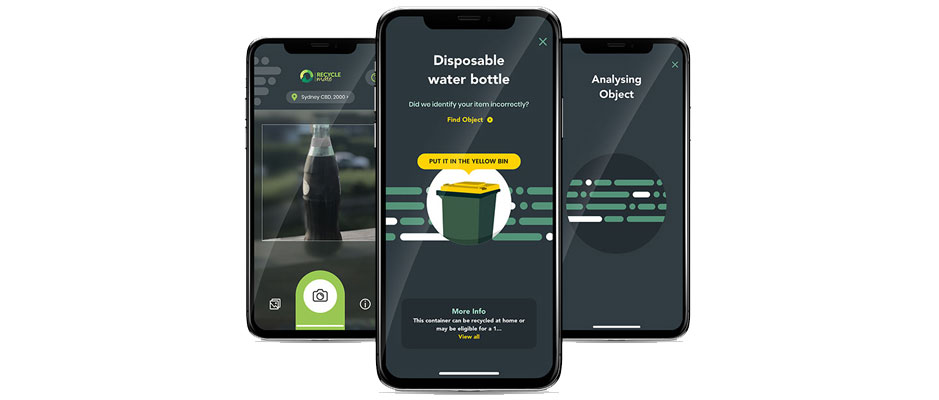
The Recycle Mate app was recently launched by the NSW Government and the Australian Council of Recycling. It will make it easier to recycle every day and help to reduce contamination in kerbside recycling.
How does it work?
- Download Recycle Mate free from the App Store or get it on Google Play.
- Take a photo of the item you are looking to recycle.
- The app will sift through its database of over 250 items, and tell you which bin it goes in.
The Recycle Mate app database has information for every council area in NSW. Whether you’re at home, on a holiday, or visiting family out of the local area, your location will be used to provide the right information.
For more information go to http://recyclemate.com.au

